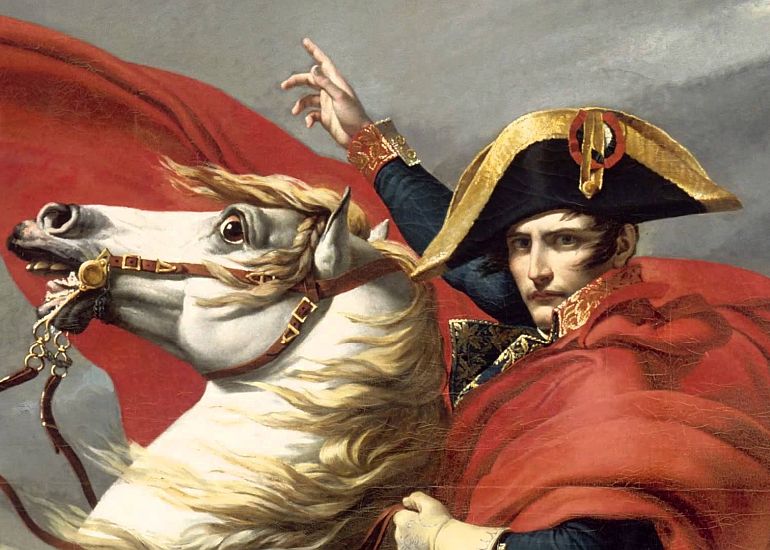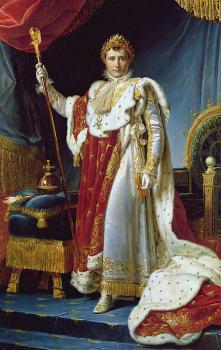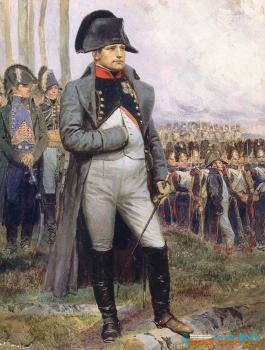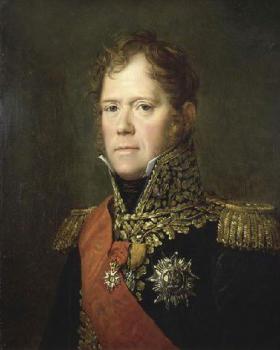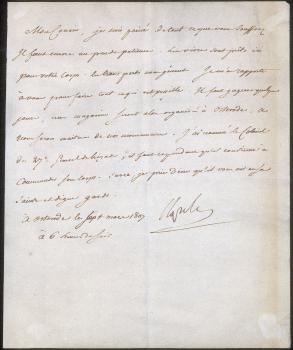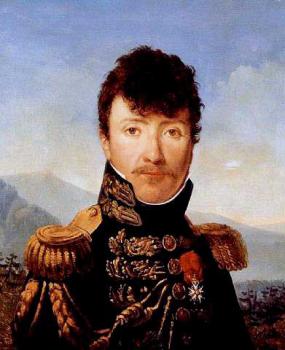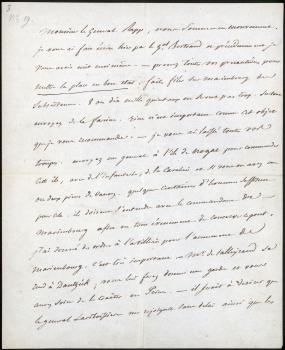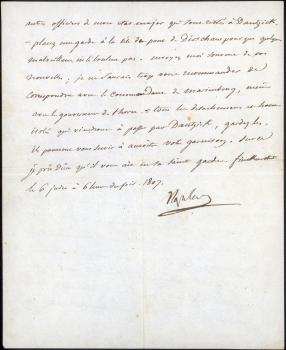To Be Napoleon Each Wishes
Napoleon I, Emperor of the French (1804–1814, 1815)
On May 18, 1804, the Senate proclaimed the First Consul, Napoleon Bonaparte, Emperor of the French. A grandiose coronation ceremony took place on December 2 at Notre Dame Cathedral in Paris. Festivals were staged in the palace, in the capital and all over the country for several days. Celebrations, balls, concerts, fireworks went on non-stop. However, France had to face new wars in the not-so-distant future.
Wars of the Third and Fourth Coalition of Europe against France
The great battle of Austerlitz (December 2, 1805), won by the French army under Napoleon I, brought the war of the Third Coalition to end. During the war, France opposed an alliance of European countries, including Russia.
Less than a year later, the War of the Fourth coalition (1806-1807) started. The War between joined Russian-Prussian forces against French troops took place in Poland and East Prussia territory.
After the bloody battle of Preussisch-Eylau (February 7-8, 1807), which did not bring victory to either side, hostilities were suspended until spring. Napoleon drew his army across the Passarge River (Polish:nbsp;Pasłęka). The troops were physically exhausted, they had not enough food and ammunition. The muddy ground made it difficult for the army's wagon trains to move.
On 7 March 1807, Napoleon writes from Osterode (Polish: Ostroda) to Marshal Ney (1769–1815), Commander of the 6th Army Corps of the Great Army,«Cousin, I'm sorry about everything you're going through. We have to be patient a little more. Food for your corps has already been prepared; transport delays us, I rely on you, do your best. We need a few days, then the warehouses in Osterode will be organized, and we will be free to choose how to act.».
Fighting resumed at the end of May, and already on June 2, in the Battle of Friedland, the French troops won a decisive victory over the forces of the Fouth coalition. The Russian army was defeated, but avoided destruction and withdrew back across the Neman to its own territory. A letter written by Napoleon in the Finckenstein Palace, where from April 1 to early June 1807 the emperor's headquarters was located, is attributed to this final stage of the war. The addressee of the letter is General Jean Rapp (1773–1821), one of the most loyal commanders of the emperor. After the capture of Danzig (present-day Gdansk in Poland) by General Lefebvre on May 24, Rapp was appointed Governor of the City.
"Take every precaution to maintain order in the fortress. Provide food to Marienburg. 8 or 10 thousand centners will not be superfluous. First of all, you need to send the flour. There is nothing more important than this product that I recommend to you. I left you all your military units. Send one of the generals to Nogat Island to take command of the infantry, cavalry, and one or two cannons if you have any. A few hundred people will be enough. They must agree with the commandant of Marienburg to hold the bridge under any circumstances. I gave orders to the artillery regarding the armament of Marienburg. It is very important. Detain any detachment or single military that will pass through Danzig. They can serve to increase your garrison. I pray to God for your health. Finkenstein, 6 June, 6 o'clock pm. Napoleon".
After the conclusion of the Peace of Tilsit (July 7, 1807), Rapp continued to serve as governor of Danzig and stayed in the same position for another two years. For a humane rule, Danzig's citizens presented him with a sword, adorned with diamonds, with the inscription, "To General Rapp, from the city of Danzig with gratitude". Napoleon, by decree of January 28, 1809, granted him the title of Count of the Empire.
